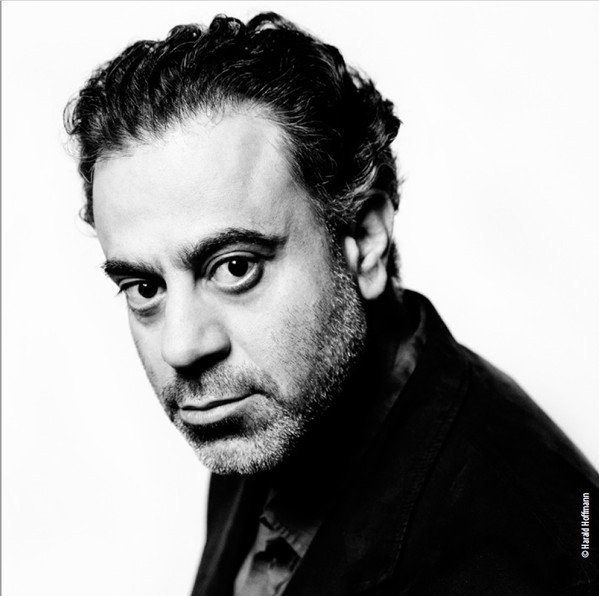
Samir Odeh-Tamimi
*1970
Classical
Born: January 5, 1970 Place of birth: Jaljuliya Nationality: Palestinian-Israeli Samir Odeh-Tamimi's musical language is anchored in his engagement with Western European avant-garde and Arabic music practice. Inspired by both European classical music and the aesthetics of new music, the Palestinian-Israeli composer came to Germany at the age of 22 and studied musicology and composition. In addition to his preoccupation with compositional models such as Giacinto Scelsi and Iannis Xenakis, during this time he also returned to a discussion of the musical culture of his country of origin. In the meantime, Samir Odeh-Tamimi's works can be heard at renowned festivals, and he has received commissions for compositions from Deutschlandfunk, Saarländischer Rundfunk, Donaueschinger Musiktage, the European Centre of the Arts in Hellerau, WDR and Bayerischer Rundfunk/musica viva, among others. In 2010 his music theatre work Leila and Madschnun was premiered at the Ruhrtriennale in Bochum. In 2008, as part of the project into Istanbul initiated by Ensemble Modern and Siemens Arts Program in cooperation with the Goethe-Institut, he composed a work for Ensemble Modern inspired by a stay in the Turkish metropolis. He also works closely with the Boulanger Trio and the Neue Vocalsolisten Stuttgart: for example, the singers visited Tel Aviv as part of a commissioned composition for the Eclat Festival at Samir Odeh-Tamimi's parental home, where they got to know the composer's musical roots. His oratorio Hinter der Mauer, commissioned by the RIAS Kammerchor on the occasion of the 20th anniversary of German reunification, was premiered in Berlin's Radialsystem and subsequently performed in Jerusalem and Dresden. Mansúr, the celebrated commissioned work of the Salzburger Festspiele 2014, premiered by the choir and members of the Bavarian Radio Symphony Orchestra, deals with the Sufi mystic and revolutionary Mansur Al-Halla? In 2016, the Brussels Clarification Festival commissioned him to produce a new work for a staged version of Bach's St. John Passion directed by Pierre Audi. The intermezzo L' Apokalypse Arabe I, embedded between the two parts of the Passion, is based on texts by the Lebanese poet Etel Adnan and was re-enacted in 2017 at the Muziekgebouw Amsterdam. Only recently, on the occasion of the 500th anniversary concert of the SWR on the occasion of the 500th anniversary of the Reformation, Gidim for orchestra and electronics was launched, which deals with Sumerian death rituals. Samir Odeh-Tamimi is currently working on a viola concert for the Stuttgart Chamber Orchestra. The season 2017/18 starts with the premiere of his new music theatre work Capricornus by Ensemble Mosaik at pyramidale Berlin. The Berliner Zafraan Ensemble has also recorded a portrait CD, which will be released this autumn in cooperation with the RBB and Kairos. Samir Odeh-Tamimi has been a member of the Akademie der Künste in Berlin since 2016 and was awarded the GEMA Music Author Prize in the same year.
Popular Tracks 

Track list and 30sec audio provided by ![]()
Discography
| Title | Artist | Year | Type |
|---|---|---|---|
| Alif. Lámed. Li-Sabbrá. Li-Umm-Kámel. Solo Für Violine. Uffukk | Samir Odeh-Tamimi, Zafraan Ensemble, Salome Kammer, Manuel Nawri | 2018 | Album |
